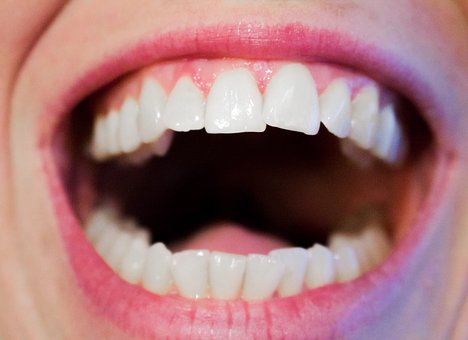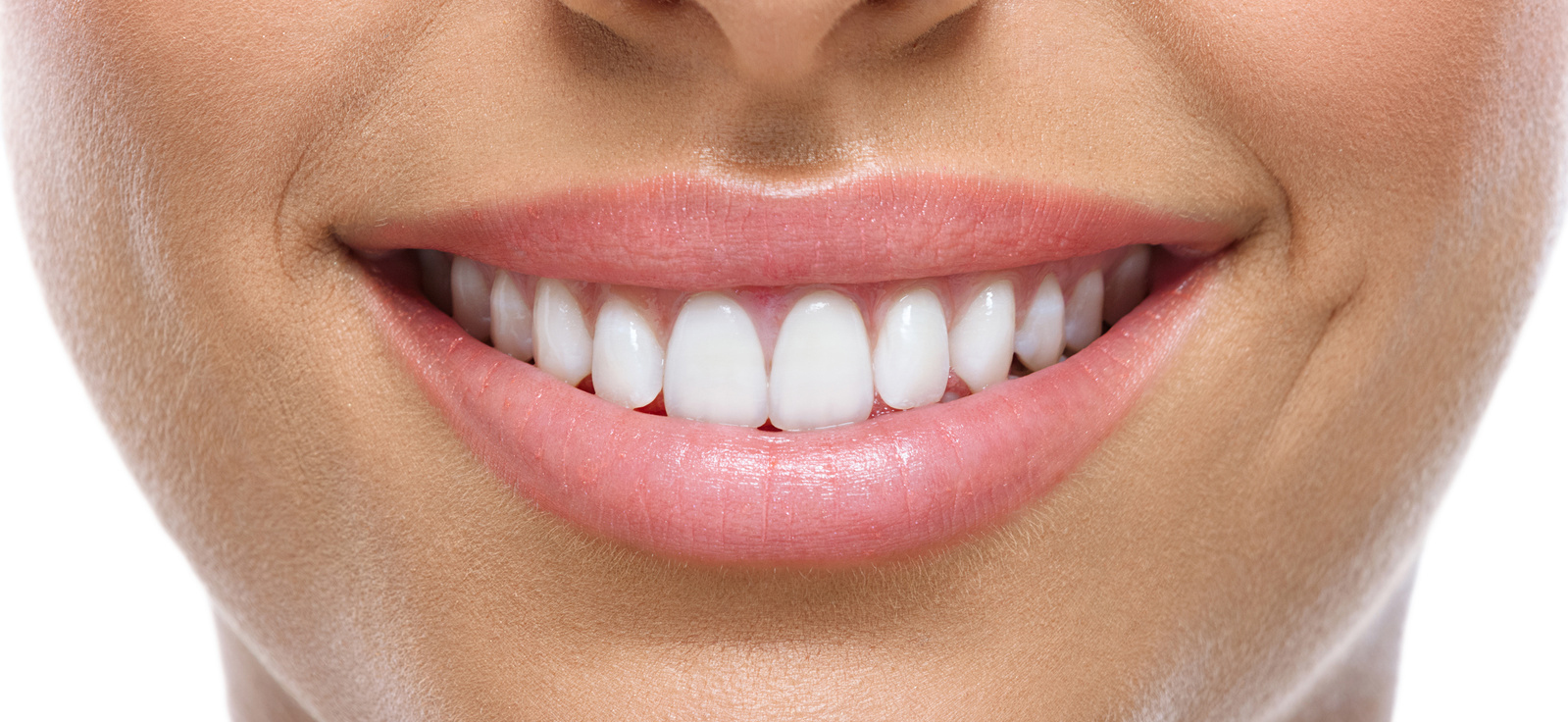Oral cancer is a potentially life-threatening condition that develops in the tissues of the mouth or throat. Understanding the root causes is essential not only for early detection but also for prevention. Although oral cancer can affect anyone, certain habits, conditions, and exposures significantly increase the risk. Let’s take a closer look at the key root causes behind the development of oral cancer.
1. Tobacco Use
Tobacco is the most well-established cause of oral cancer. This includes all forms—cigarettes, cigars, pipes, chewing tobacco, and snuff. Tobacco contains carcinogenic chemicals that directly damage the cells lining the mouth and throat. Long-term exposure can lead to mutations in the cells, eventually causing them to become cancerous. Even secondhand smoke can pose risks.
2. Excessive Alcohol Consumption
Heavy and frequent alcohol use is another major contributor. Alcohol acts as an irritant in the mouth, weakening the cells and making them more susceptible to cancer-causing agents. When alcohol and tobacco are used together, the risk of oral cancer multiplies, as alcohol can help harmful chemicals from tobacco penetrate the mouth’s tissues more easily.
3. Human Papillomavirus (HPV)
HPV, particularly strain HPV-16, is a significant cause of oropharyngeal cancers (affecting the back of the mouth and throat). It is a sexually transmitted virus, and its role in oral cancer has become more prominent in recent years. The good news is that HPV-related oral cancers often respond well to treatment when caught early.
4. Poor Oral Hygiene and Chronic Irritation
Chronic irritation from rough or broken teeth, ill-fitting dentures, or poor oral hygiene can also contribute to cancer development. Constant inflammation can damage the delicate tissues in the mouth, increasing the risk of abnormal cell changes. Regular dental visits and good oral hygiene can help prevent this.
5. Sun Exposure
Extended exposure to ultraviolet (UV) rays, especially without lip protection, can lead to cancer of the lips. Outdoor workers, beachgoers, or those who frequently tan are at higher risk. Lip balms with SPF and protective hats can help reduce this risk.
6. Diet and Nutrition
A diet low in fruits and vegetables may deprive the body of essential antioxidants and vitamins that help protect cells from damage. Poor nutrition can weaken the immune system and make it harder for the body to repair abnormal cells.
Conclusion
Oral cancer has several identifiable root causes, many of which are preventable through lifestyle changes. Avoiding tobacco, limiting alcohol, practicing safe sex, maintaining good oral hygiene, and eating a balanced diet can all help reduce your risk. Regular dental checkups are also crucial for catching any early warning signs before they become serious.

